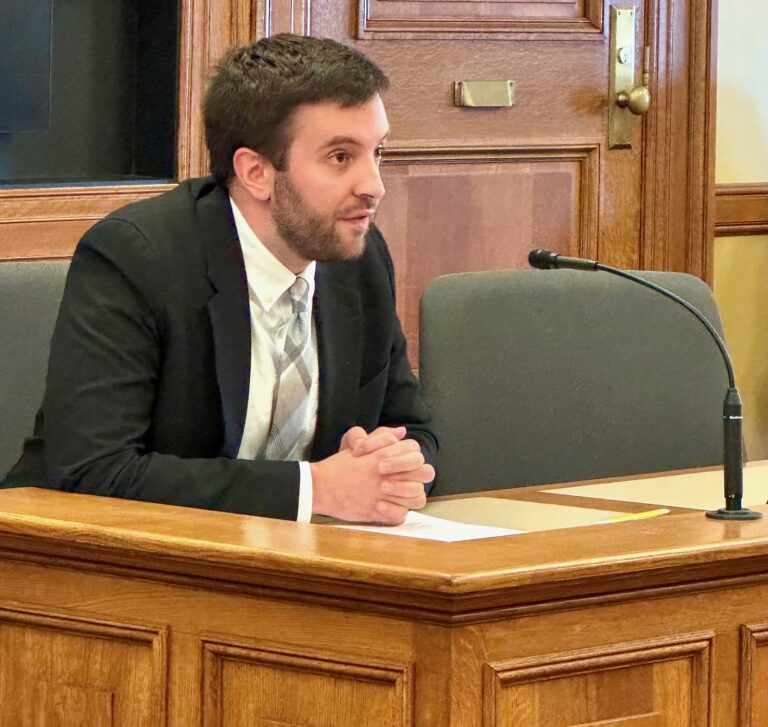Weekly Fiscal Facts are provided to Wisconsin Newspaper Association members by the Wisconsin Policy Forum, the state’s leading resource for nonpartisan state and local government research and civic education. The Wisconsin Policy Forum logo can be downloaded here.
- Download this column as a Word document
- See other WNA Member Content offerings
As Wisconsin’s medical marijuana debate ramps up, the track record for other states that legalized it in similar fashion suggests it is unlikely that doing so here would quickly lead to recreational legalization.
Under federal law, marijuana is banned as a Schedule I substance with “no currently accepted medical use.” But its state-level status has changed rapidly in recent years; by fall 2019, 33 states and the District of Columbia had legalized marijuana for medical or recreational use.
In Wisconsin, 2019 has brought renewed debate about medical marijuana. Now almost entirely surrounded by states where marijuana is legal in medical or recreational form, Wisconsin stands at a crossroads, with some — though not all — state leaders in both parties signaling interest in a medical marijuana law here.
Some lawmakers who oppose medical marijuana have said legalizing it could create a slippery slope to recreational legalization. Thus far, states have used one of two routes to establish medical marijuana laws: ballot initiatives, in which a voter petition allows a binding referendum to be placed on the ballot and a majority of “yes” votes results in adoption; or laws enacted through the legislative process. In Wisconsin, only the latter option is available, as there is no ballot initiative process (constitutional amendments are passed by referendum, but only after lawmakers’ approval). This means any possible medical or recreational marijuana law would require legislative approval.
Illinois is the only state to initially approve medical marijuana through legislation that has then gone on to legalize retail sales and use by adults for recreational purposes. Vermont would be the second, but while recreational use has been approved there, state law does not yet allow for retail sales (a bill that would allow those sales is currently being considered by the state legislature). The 14 other states that initially allowed medical marijuana through legislation have not legalized it for recreational use.
This contrasts with the experiences of states that initially passed a medical bill through a ballot initiative. Of the 17 states that went through this process, nine have gone on to approve marijuana for recreational use: Alaska, California, Colorado, Maine, Massachusetts, Michigan, Nevada, Oregon, and Washington. The remaining eight adopted their medical ballot initiatives within the last decade, including five (Arkansas, Florida, North Dakota, Oklahoma, and Utah) since 2016.
These findings suggest that medical marijuana legalization will lead to recreational legalization may be much less of a concern in a state that does not have a ballot initiative process, as is the case in Wisconsin.
This information is a service of the Wisconsin Policy Forum, the state’s leading resource for nonpartisan state and local government research and civic education. Learn more at wispolicyforum.org.



